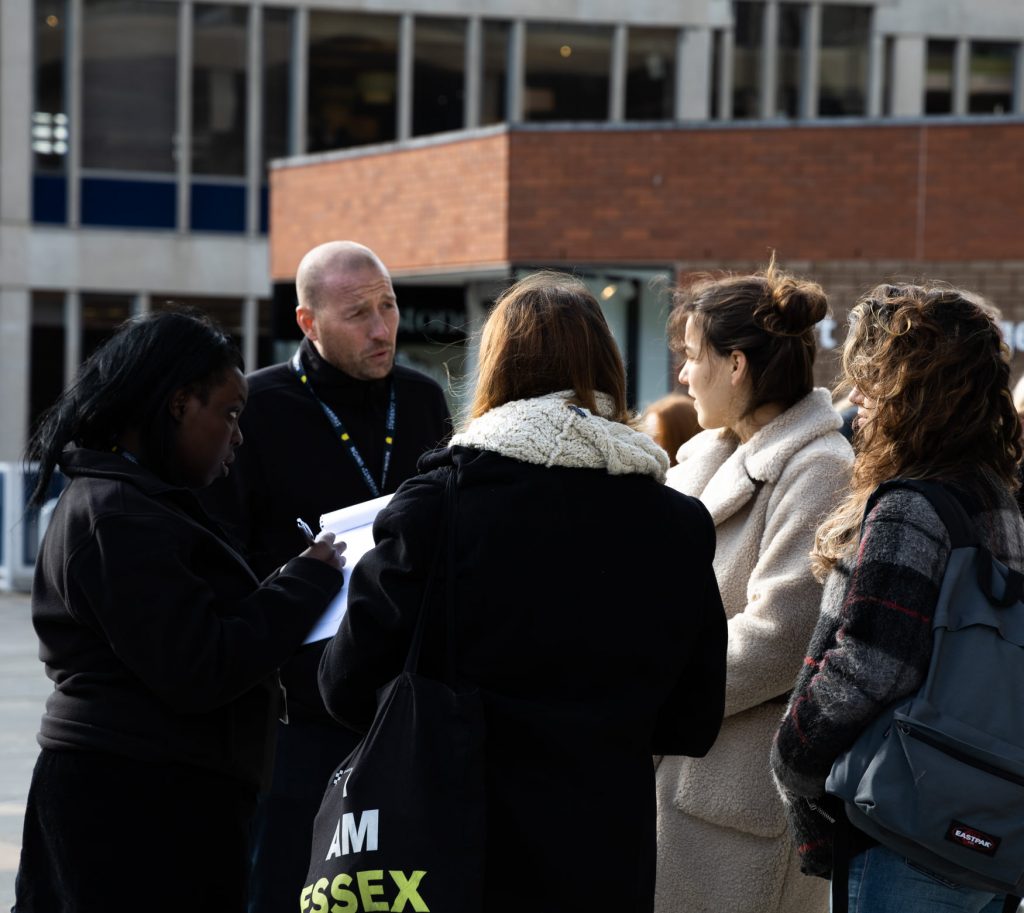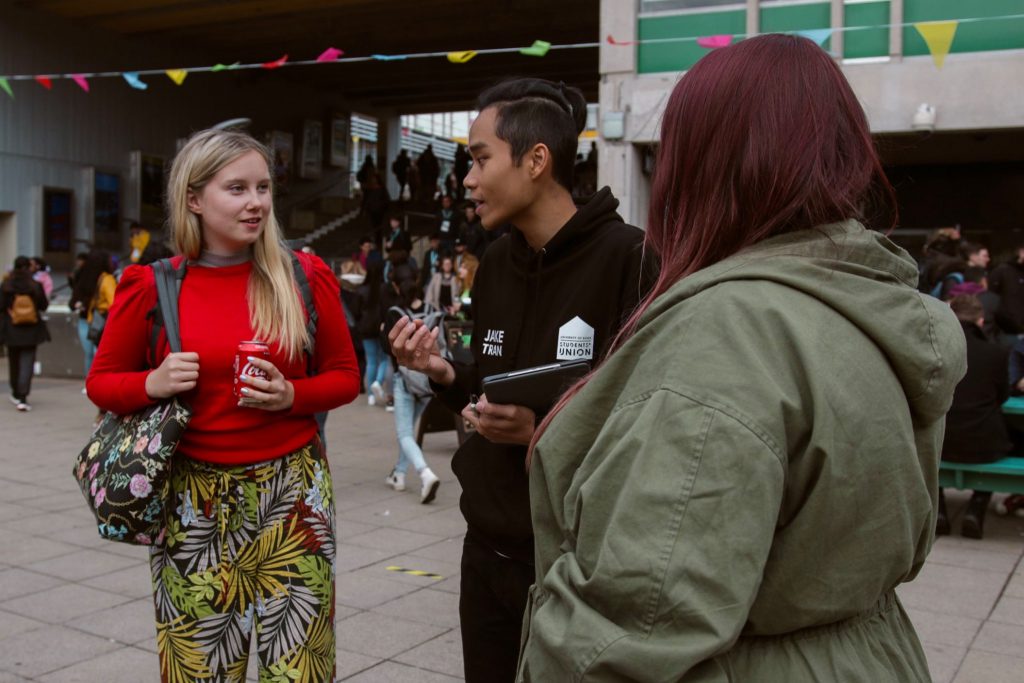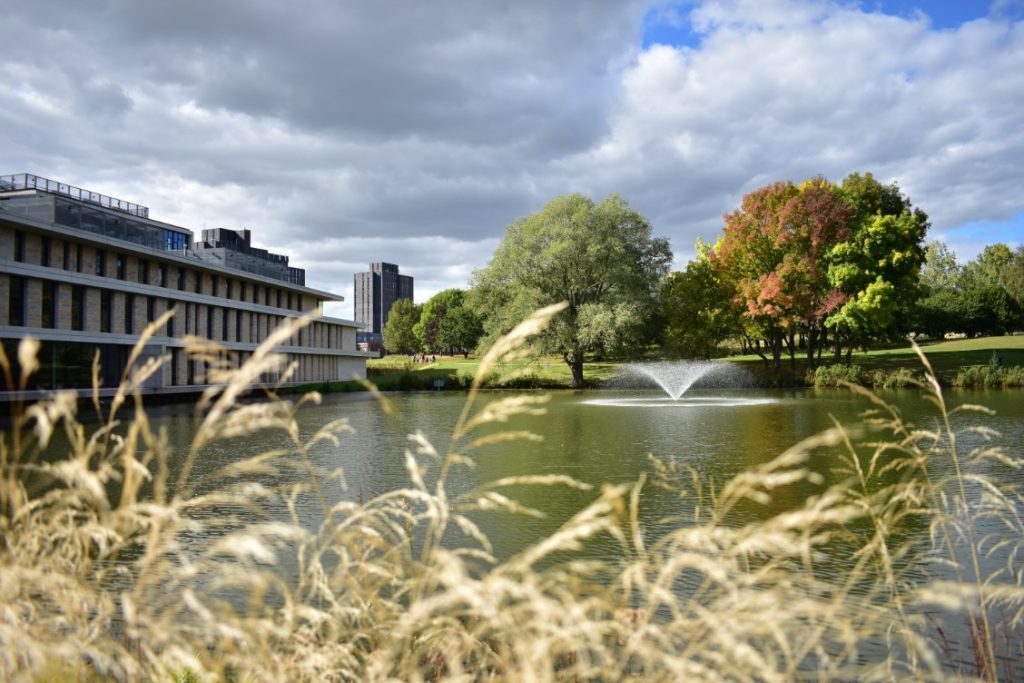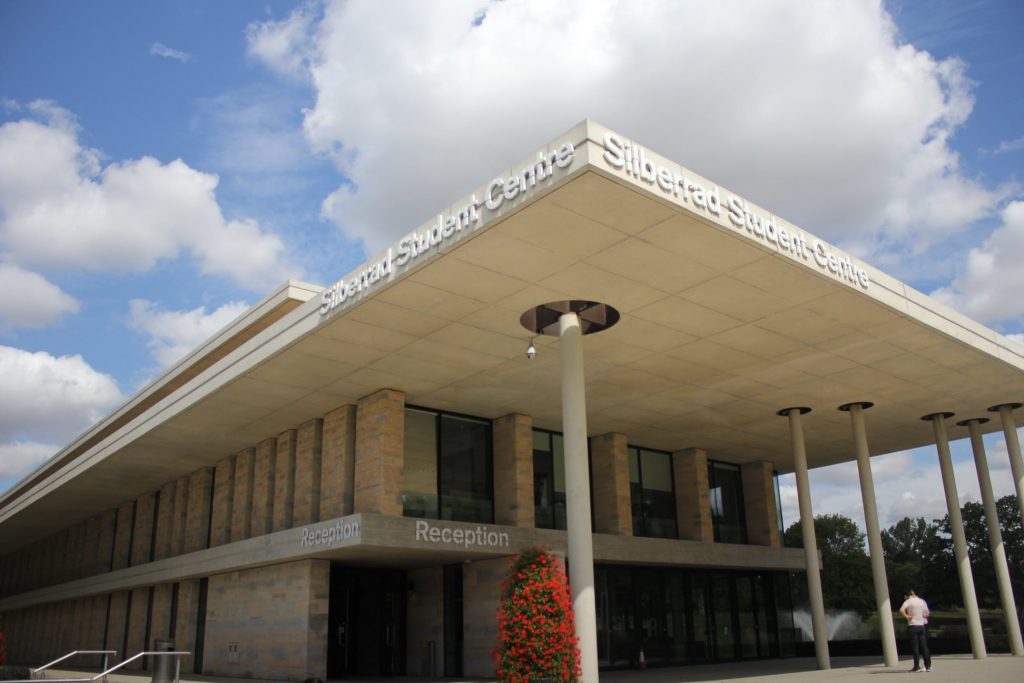In light of the referendum held by the Students Union this week, Lewis Millard took a look into what this referendum means, as well as discussing consequences of the result with Mark Kiley, VP Education.
Between the 4th and 7th of December, students at the University of Essex will be given the option to change the direction of their Students Union. A referendum is being held to determine if the SU should back calls for a reduction to the tuition fees for term one. Students are being asked, “We believe this term the university experience has failed to meet our expectations and tuition fees should be reduced to reflect this – Agree or Disagree”. For a referendum to be called a student needs to get 75 signatures, a two-answer question and to agree on a timetable with the students’ union, as outlined in bylaw 7. Student Parliament also has the ability to call referendums, although this method is yet to be pursued.
This is not the first time the university has held a referendum. Back in 2017, a referendum was held on leaving the National Union of Students, which was passed and subsequently upheld by the SU, who now operate autonomously from the NUS. For the referendum to count, there needs to be at least 849 votes. If the referendum does not reach this limit of votes, then it will not bind the SU to act on it.

But why is a referendum being called? I spoke to the “Agree” campaign founder, Jack Fitzsimons, to get a better understanding of why students are feeling so frustrated. He made the case that the closure of study spaces, especially the library, was unacceptable. He believes that this decision has “led to many students opting to study in the Silberrad Centre, which is often extremely crowded and goes against the intentions of social distancing”. He vented his frustration that the university had closed the library space. Whereas, like other universities, Essex should have kept the library open with social distancing and sanitation measures in place. While certain social distancing measures have been set up on campus, keeping the library open would have resulted in far less pressure on the Silberrad.
Unfortunately, a lack of study spaces is not the only way Jack believes education has been negatively impacted this year. The movement away from face-to-face teaching to online teaching has not been the smoothest. There has been a massive inconsistency between teachers’ approaches, as well as an array of technical issues that teachers and students alike have been expected to overcome on an almost daily basis.
Despite this, he recognises that many teachers have made the best out of the circumstances and highlights that this referendum is not advocating a full return to in-person learning as we are still in the midst of a pandemic. However, whilst some classes are making the most of the online learning environment, others are not. We do not have to look far to find examples of this inconsistency. A final year economics student described one course where every week the lecturer would play a pre-recorded video in their zoom meeting. Another student, who was one of the signatories for the referendum, said that they were expected to do most of their learning through YouTube videos and the only interaction they got with their lecturer was in a Moodle forum.

Many international students also feel that they have been disproportionately impacted by the move to online learning. Not having the time they would usually have to practice English in formal and informal settings has been a real setback for first-year students. This is especially hard, given the extra burdens initially put on them when arriving in the UK. Jack and many others believe that all of these issues warrant a reduction in the amount of tuition we are paying this year.
To get a clearer insight into how the SU is feeling about this referendum, I put a number of questions to the VP (Education), Mark Kiley. I asked him about how the SU would enact the result of the referendum. Mark stated that “If Students vote “Agree”, the Students’ Union will do its utmost to carry out the aims of the referendum. This means we will campaign to the University and nationally with the aim to get a refund or reduction in fees for students.” An exact plan will be laid out in student parliament after the referendum, if it is successful. However, Mark was clear to point out that he didn’t see a solution to this internally and that the SU would have to “campaign with other Students’ Unions to push the government to provide this (refunds).”
In the case of a “Disagree” vote, the SU “will continue to push the University on ensuring there is value for money” but would not take the additional actions that they would in the case of the “Agree” vote. For Mark, this referendum is about strengthening the hand that the SU has on campaigning for this issue. The SU has already been pushing the University to be more transparent on where the tuition fees are being spent. Ultimately, having this referendum grants the SU the legitimacy to push even harder for reforms that they are already trying to get passed.
When asked if there was any anxiety about putting the SU at odds with the University, Mark responded that the role of the SU “legally as well as morally, is to represent students’ interest and that is exactly what we will do.” He also stated that “The Students’ Union has a good relationship with the University, and they know that it is our job to represent students, whether that agrees with them [the University] or not.”
I raised the issue of the standard of education that has been experienced this term. Mark echoed some of what Jack had to say, describing the feedback that he had received from over 5,000 students, on the standard of education as a “mixed bag”. He reiterated the point that teachers have had to rapidly adjust their teaching styles for the online learning environment. Recognising that “not every academic took to online teaching like a duck takes to water” but that, on the whole, he believes “that academics made a real effort to be prepared for online teaching and to make it as good as possible.”

To round off our questions, I asked Mark if he thought this would lead to more referendums in the future. He thought the prospect of this was inevitable and that this referendum being called had already led to a more positive discussion with universities around the issue of fees. If this kind of attention can be brought to other issues, the outcome would be a university that is far more responsive to the students’ voice than the one we have today. For this reason, Mark was very keen to encourage as many students as possible to vote in this referendum. So, from us here at Rebel, make sure that, between the 4th and 7th of December you go (online) and vote. Whatever the result, a strong showing from the students’ voice will put more pressure on the University to listen to students.
However, this is not the only avenue you have to express concern about the standard of education you have received this year. It is possible for any student to raise a case with the University, as there is a formalised appeals process where you can request a refund if you believe your education has been significantly impacted this year. Once you’ve exhausted this avenue, you can go to the Office for Independent Adjudication for Higher Education (OIA). If enough students put pressure on the OIA, it could result in the government changing its position.

If, like Jack, you believe your university experience has been significantly impacted this term then make sure you vote “Agree” in this referendum. If you don’t think this is the case, then vote “Disagree” and maybe you can begin the “Disagree” campaign, which is yet to be founded. Regardless of where you stand, make sure you vote. Voting opens on the 4th of December at 10 am and closes at 2 pm on the 7th of December. You can vote here.